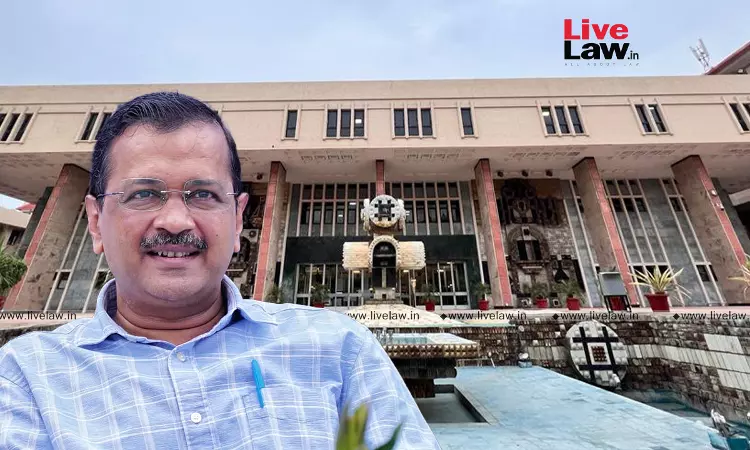Liquor Policy: Delhi High Court Upholds Chief Minister Arvind Kejriwal's Arrest By CBI
Nupur Thapliyal
5 Aug 2024 2:46 PM IST

Next Story
5 Aug 2024 2:46 PM IST
The Delhi High Court on Monday dismissed the petition filed by Chief Minister Arvind Kejriwal challenging his arrest by the Central Bureau of Investigation (CBI) in the corruption case in relation to the liquor policy case.Justice Neena Bansal Krishna disposed of Kejriwal's bail plea with the liberty to approach the trial court for the relief.It cannot be said that the arrest was without...
